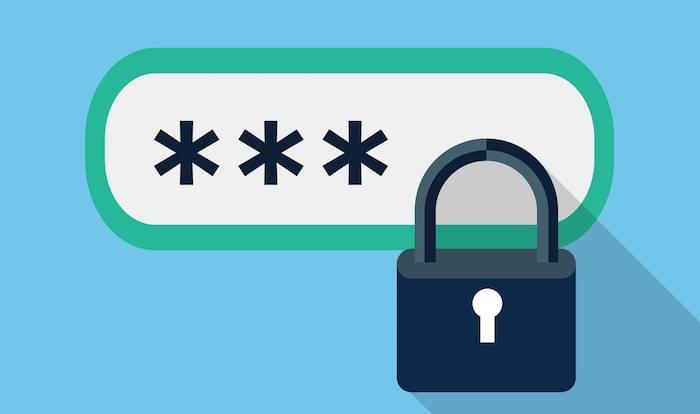


Premium plans are more affordable than many competitors.
BITWARDEN VS 1PASSWORD VS LASTPASS PASSWORD

Tools from LastPass can specifically autofill credentials, helping people gain access faster. LastPass delivers convenient password and identity management solutions, offering its users enhanced privacy and security. People using it can also store other types of sensitive information and securely transmit it to others. Jump to: Bitwarden vs LastPass: At a glanceīitwarden is an open source password manager for personal, business and team use that stores credentials in a secure vault. Password managers like Bitwarden and LastPass make password management easier. A better alternative is using password managers that store and organize your credentials with security in mind. Many people write down their passwords or store them in a simple online file, but these methods are prone to major security problems and data loss. SEE: Mobile Device Security Policy (TechRepublic Premium)
BITWARDEN VS 1PASSWORD VS LASTPASS PROFESSIONAL
Particularly in a professional setting, password requirements for different business applications and platforms might mean you’re keeping track of dozens of different credentials at a time. They’re both well in the realm of practically uncrackable.If you’re like most people, you may become overwhelmed by the number of passwords that you’ve created and need to use in your everyday life.

If your strong BW password takes 1 million years to crack, and the 1PW secret key + master password combination takes 10 million years, the difference doesn't matter. This might be theoretically true, but irrelevant in practice. So in practice, if your Bitwarden (BW) master password has a similar strength to this 1PW final key, then your vaults are comparably safe, but a BW user has the advantage of not having to deal with a secret key.Įven if your master password is strong, it's still not as secure. This secret key and master password are used to derive a stronger final key that gets sent to the 1PW server and is used to encrypt/decrypt your vault. The way 1Password (1PW) actually works (as described in the white paper you linked) is that the secret key resides only on your own device and is never transmitted to 1PW. I mean these 2 sentences already conflict each other - first one says it's not a second password, and the second one says it's used for authentication, which is what a password is for. It actually has to authenticate this secret key with 1Password's servers before any kind of decrypting happens.


 0 kommentar(er)
0 kommentar(er)
